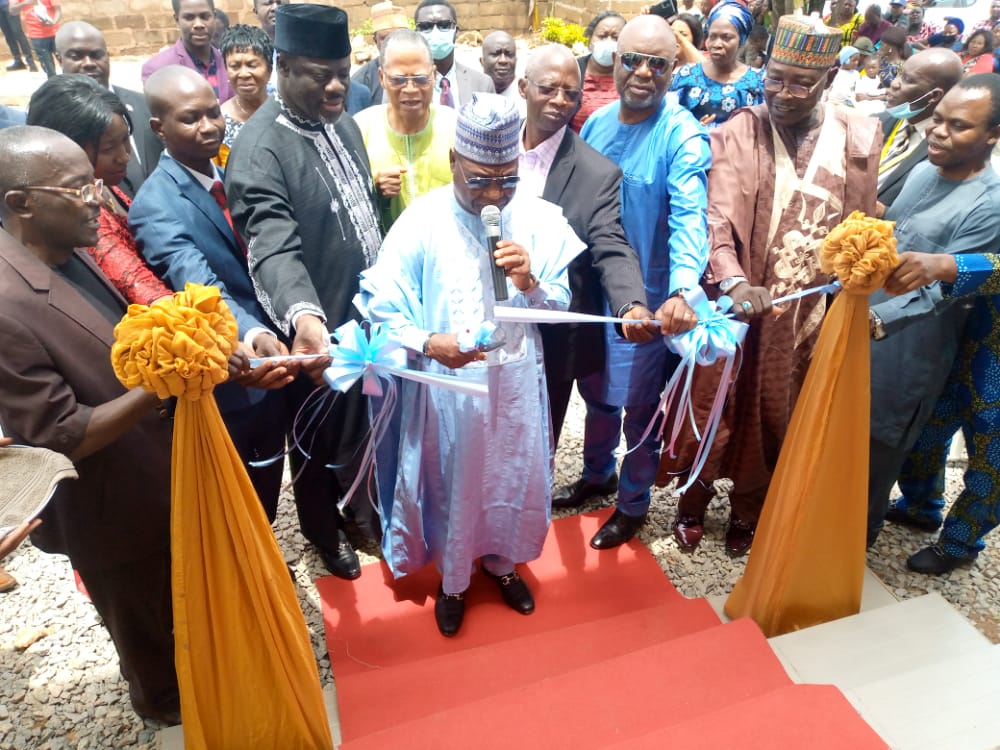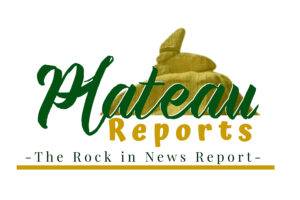In a significant stride towards achieving peaceful coexistence among religious communities in Plateau State and beyond, Search for Common Ground partnered with the Plateau State Government to host the Plateau Inter-Faith Dialogue. This landmark event, held at the prestigious Yakubu Gowon Hall within the Crispan Hotel and Event Center in Jos, Plateau State, gathered leaders and members from diverse faith backgrounds under the theme “Towards Inclusive and Harmonious Communities.”
Mrs. Fatima Abubakar, the Country Director of Search for Common Ground, underscored the importance of the dialogue as an opportunity for leaders and community members to promote understanding, cooperation, and coexistence. Highlighting that approximately 87% of Nigerians identify with a faith, Mrs. Abubakar emphasized the profound influence of religion on identity and the imperative to harness this influence positively.
Mrs. Abubakar called for incorporating diverse perspectives and community-driven interventions in dialogues to promote inclusion, peaceful communities, and respect for individuals, including those with mental illness. She emphasized the significance of community-driven interventions in building sustainable peace and advocated for the exploration of women’s roles in promoting freedom of religion.
His Royal Highness, Dr. Mohammadu Sambo Haruna, the Emir of Wase and Chairman of Jama’tul Nasri Islam (JNI) in Plateau State, delivered a keynote address at the Plateau Inter-Faith Dialogue. He emphasized the importance of peace, love, and harmony, urging religious leaders to align their actions with the teachings of compassion and reconciliation found in both the Quran and the Bible. The Emir called for constructive dialogue, policy reviews, and community-driven initiatives to foster reconciliation and rebuild trust.
Reverend Stephen Dangana, the Special Adviser on Religious Affairs to Governor Caleb Manasseh Mutfwang, emphasized the need to address interpretations of religious texts that contribute to conflict. He called for repentance and unity among individuals, regardless of religious or ethnic affiliations, underscoring the importance of reconciliation and understanding.
The dialogue featured panel discussions on various topics, including the role of state and non-state actors in promoting freedom of religion and beliefs (FORBs) and the pivotal role of youth in fostering religious harmony within their communities.
Led by diverse panelists from governmental roles, civil society organizations, and religious institutions, the discussions provided insights into legal frameworks, challenges faced by religious minorities, and proactive measures to promote understanding and cooperation among different faith communities.
The Plateau Inter-Faith Dialogue exemplified a collaborative effort to address societal issues, foster understanding, and promote inclusive and harmonious communities. It served as a platform for constructive dialogue, exchange of ideas, and collective action towards a future of peace and coexistence.
As Plateau State continues its journey towards peace and development, initiatives like the Plateau Inter-Faith Dialogue play a vital role in building bridges, promoting understanding, and fostering a sense of unity among diverse communities. Through continued collaboration and dialogue, Plateau State stands poised to achieve its vision of inclusive and harmonious communities for all.



















